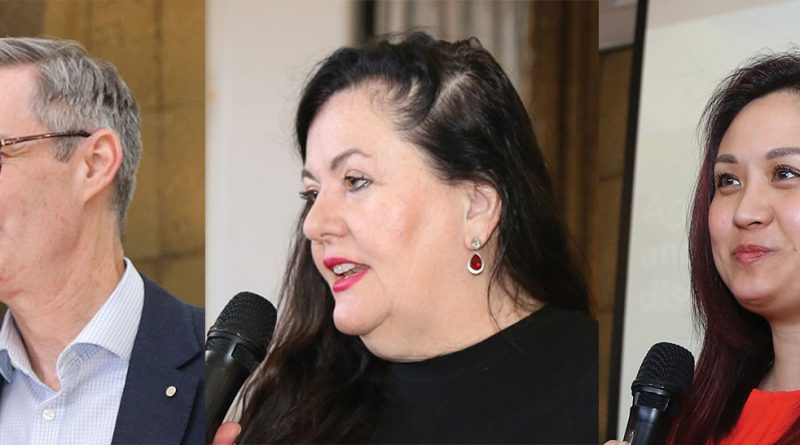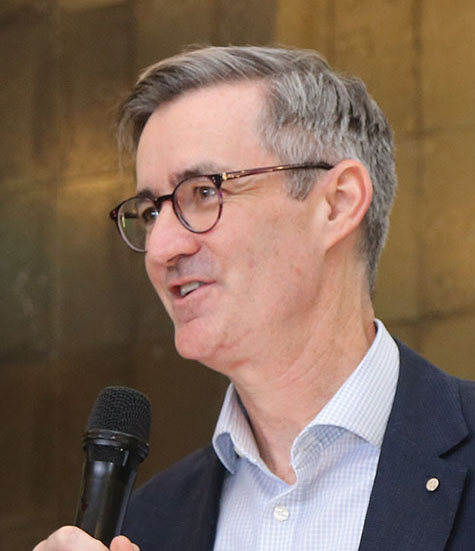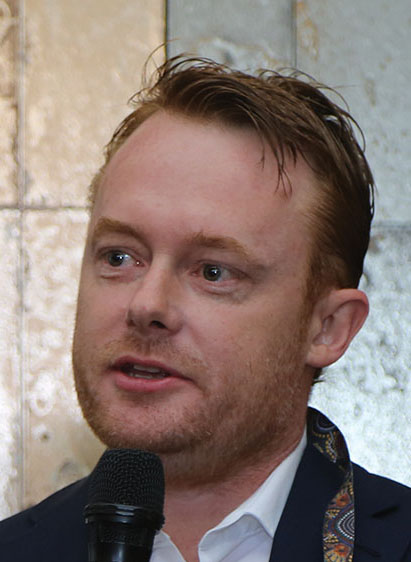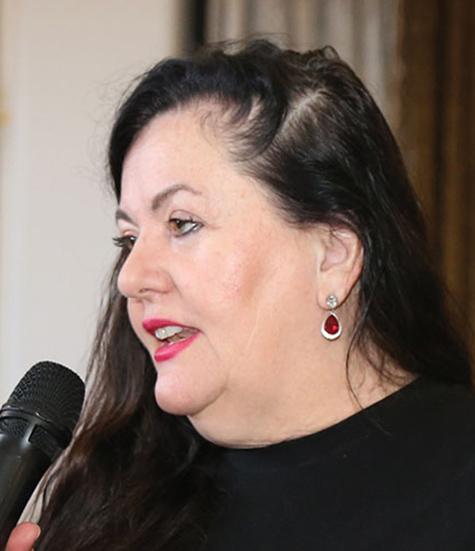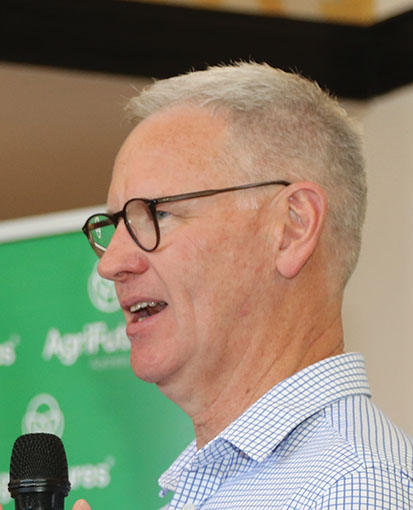AgriFutures Carbon Conversations held in Canberra
By Peter Bedwell
On November 22, 2023, AgriFutures hosted its Carbon Conversations event to coincide with the release of the AgriFutures Australia Carbon Conversations Findings Report.
“The purpose of this event is to road test the consolidated themes and recommendations from the series of Carbon Conversations AgriFutures hosted over the past few months and gather ideas on what activations/programs/projects might come next,” Bonnita Tubb, Manager Communications Corporate, Workforce Communications and Adoption, told Poultry Digest prior to the event.
Poultry Digest was asked to make a submission to the organisers of the Carbon Conversations event, which was accepted.
Sixty delegates from all major agricultural sectors, including consultants and other industry specialists, attended the forum held at the Hotel Kurrajong in Canberra.
“Bring your unique lens, perspective and insights; be prepared to speak up and share your views,” Bonnita said.
Cathy McGowan, AO Chair AgriFutures Australia, welcomed delegates and acknowleged traditional inhabitants of country.
“From June through to September we travelled across Australia and hosted 13 insightful ‘Carbon Conversations’ events.
We heard about the challenges and opportunities surrounding the transition to net zero by 2050,” John Harvey, CEO of AgriFutures said.
“During the Carbon Conversations events we heard confusion and annoyance and we recognise that some people feel overwhelmed. However, there is a lot of positive change happening in the sector and we need to capture and share these positive stories of success across our agricultural industries in the hope that it will empower others,” John added.
The opening presentation was delivered by Adam Fenessy PSM, Secretary at DAFF.
Though very diplomatic, Mr Fenessey’s statement to those representing Australian agricultural production was clear.
“After tackling emissions reduction in the energy section and transport, agriculture, which produces 16.2% of our total GHG emissions, is the next consideration in the government’s path to net zero emissions by 2050,” Mr Fenessey stated.
“It is essential that all those involved in agriculture should develop an
effective plan to reduce their emissions,” he added.
Nick Blong, First Assistant Secretary Sustainability Climate & Strategy at DAFF, next delivered an overview of the ‘Agriculture Land and Emissions’ discussion paper.
The inevitable question of ‘How much of climate change activity is due to anthropomorphic influence?’, was responded to by Mr Blong.
“According to the Inter-governmental Panel on Climate Change (IPCC), climate change has slowed the growth of agricultural productivity globally over the past 50 years, with further warming projected to increase food insecurity and supply instability,” he said.
“Australian producers are already experiencing some effects.
“Modeling from The Australian Bureau of Agricultural and Resource Economics (ABARES 2021) shows that recent seasonal conditions (2001 to 2020) reduced the profitability of Australian broad-acre farms by an average of 23%, or around $29,200 per farm,” he added.
“Producers and land managers are adapting and building resilience to deliver on the goals of the Paris Agreement.
“There is a risk that despite advances in innovation, agricultural productivity growth may be outpaced by the impacts of climate change, including more frequent and severe natural disasters, localised changes to growing regions and heightened biosecurity risks (IPCC 2023 ABARES 2022a).
“Strong global action on emissions, including in Australia, is needed to mitigate future physical climate risk and to reduce the adaption challenge.
“Reducing those risks will benefit agriculture, for example. Analysis of different scenarios by ABARES (2021), suggest that the worst impacts of climate change could, in the absence of adaption, possibly halve average farm profits by 2050.
“Governments overseas are developing emissions policies to deliver on the goals of the Paris Agreement.
“While policy in relation to agriculture and the land is still developing, it is reasonable to expect that over time, new requirements will flow through to Australia’s export oriented agricultural industry (70% exported).
“Producers are already experiencing growing expectations from consumers, retailers and governments for products that demonstrate sustainable sourcing.
“While Australian agriculture is already relatively well placed in terms of sustainability, (ABARES 2023) further effort could enable producers to leverage this position and capitalise on the increasing expectations in relation to sustainability, carbon and nature outcomes.
“Expectations around sustainability and emissions are also building in capital markets and supply chains.
“Many of Australia’s major banks have signed up for the net Zero Banking Alliance, which will presumably drive expectations around emission
reductions in all parts of the economy, including agriculture.”
“Many large agri-food corporations are setting their emission reduction targets,” as was revealed in the Agriculture, Land and Emissions discussion paper produced by the Department of Agriculture, Fisheries and Forestry.
The first workshop session ‘Carbon Conversations Solutions’ was hosted by Cathy McGowan (Chair AgriFutures ) and John Harvey (CEO AgriFutures).
Delegates were split into small groups at a single table with the aim of reaching a concensus of ideas which were then relayed back to Cathy and John.
It was a process that worked well and it was easy to identify consistent views in the room across the whole spectrum of the diverse Australian agricultural sector covered by AgriFutures.
The event was wrapped up with a second workshop where a single delegate at each table distilled the views of their fellow delegates to report to the chair.
It was a process that delivered an opportunity for everyone to have their say and discuss findings from the conclusions of the various groups.
Prior to the Carbon Conversations Canberra 22 November 2023 event, AgriFutures had commissioned a report by the agri research group Sativus, ‘AgriFutures Australia Carbon Conversations Findings Report’ released in October 2023.
In the forward, comments made by Cathy Mc Gowan and John Harvey, the methodologies and some conclusions in the report were explained.
“From June to September 2023 we travelled across Australia and hosted 13 incredibly insightful ‘Carbon Conversations’ events.
“We heard about the challenges and opportunities surrounding the transition to net zero by 2050.
“During the Carbon Conversations events, we heard confusion and annoyance, and acknowledged that some people feel overwhelmed.
“We also acknowledge that there is a lot of positive change happening in the sector and recognise the need to capture and share these stories of success across industries to empower others,” the foreword stated.
